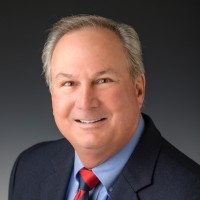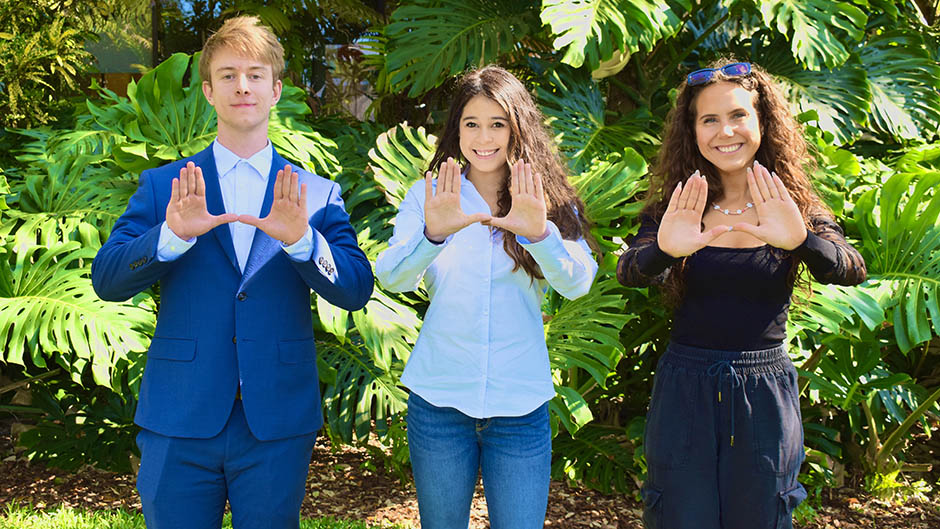Before becoming the treasurer of NextEra Energy, Inc., a Florida corporation that’s the world’s largest generator of renewable energy, Paul Cutler earned two graduate degrees from the University of Miami.
Cutler's academic experience at the University of Miami inspired him to contribute to the creation of the Cutler Business Research Scholars Fund at the University of Miami Patti and Allan Herbert Business School. This fund offers financial support to Miami Herbert students engaged in faculty-supervised research.
 |
| Paul Cutler |
“It’s great to learn the foundations of business as you go through undergraduate and graduate school,” said Cutler, a Double ’Cane who earned an MBA in 1983 and a Master of Science in Information Systems the following year. “I found the actual application of those principles to be enriching, and that’s what I wanted to do with the scholars' program.
“I’ve always been a big believer in education,” said Cutler. “I have three sons and I get into debates with my youngest about whether education–or the actual cost of education–is worth it,” Cutler laughed. “I’ve always believed that you can never have too much education.”
Thanks to Cutler’s largesse, Miami Herbert economics major Joao Pedro Lebrao Mesquita, along with finance majors Kylee Edwards and Anna Valente, have each received $5,000 stipends to sustain their involvement with faculty-led research projects.
If Miami Herbert students “have a topic that they’re very interested in, they can present it to a professor as an idea,” Cutler said of the Cutler Business Research Scholars Fund. “At the same time the professors, by and large, have various projects that they’re working on. I leave it up to Miami Herbert to decide, when someone applies for the scholarship, whether they would rather work with a professor, or present an idea and then look for a professor to work with them.”
“I’ve always felt that learning is a lifelong process,” Cutler said. “Part of it, you’ll be able to get out of the classroom and in discussions with other students, but I think there’s a real opportunity here for the students to work with professors on topics where there is mutual interest. Experiential learning is a key part of the learning process, and I am thrilled to help support this type of learning to enhance the student experience.”
When he was earning his MBA degree, one day after classes Cutler chatted with a professor who casually mentioned a research project that he was focused on. Enthralled, Cutler volunteered to help the professor figure out the best way to aid individuals who’d been in car accidents and had received financial settlements meant to cover lifetime expenses. The instructor was curious if using the award money to build a portfolio of bond securities might be the best way to address an accident victim’s long-term financial needs.
Early in his career, Cutler was an adjunct professor teaching statistics at Florida International University.
“It was a great experience and I still remember it,” said Cutler, who for the last 15 years has been a member of the Florida Council on Economic Education, a statewide financial literacy organization. Yet, he admitted the complexities of juggling a career, starting a family, and maintaining personal interests, remarking, “As you go on with your career and start a family, it becomes a little bit harder.”
Fortunately for Miami Herbert, Cutler’s paradigm has been reshuffled, now that he no longer commutes to NextEra Energy’s campus in Juno, Fla., five days a week. He retired from NextEra Energy last year, after joining subsidiary company Florida Power & Light as a financial analyst in 1984.
“I think when you are focused on your career, having the time to give back is something that you always have in your mind to do once you retire,” Cutler said. “It’s just been a great experience for me to work with Miami Herbert Business School as they enhance their programs. It’s a fantastic opportunity for me to work with a great organization and support them in what they want to do while giving students a chance to apply their education to real-world scenarios.”

